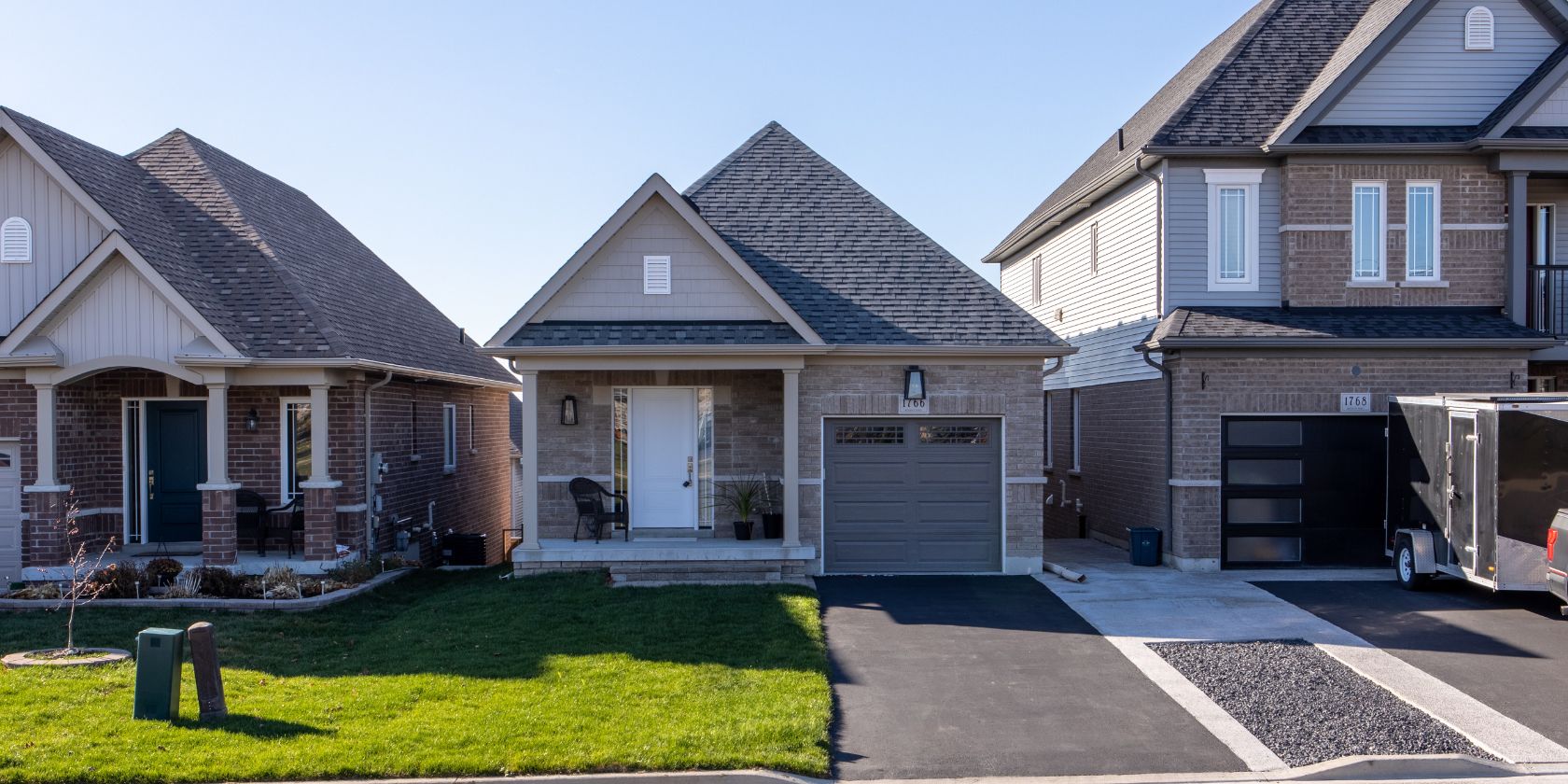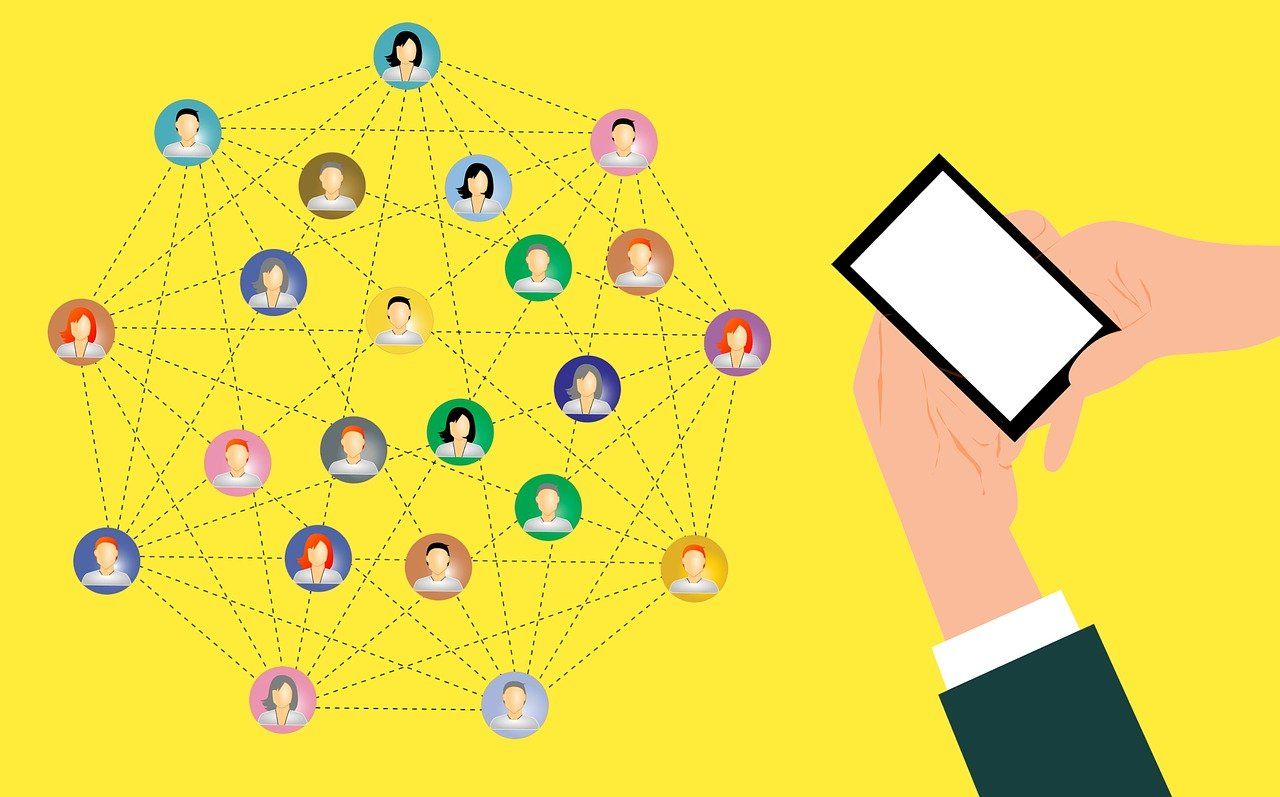Nextdoor is a good example of social media built on good intentions. Its initial promise was to help people in the same neighborhood share local information. But the platform has also been the target of criticism.
Recently, some outlets have reported phony childcare providers and shady contractors using the network to line their pockets. But is it all bad? Can Nextdoor be a useful service, or is it merely a security concern? We’re here to help you answer those questions.
What Is Nextdoor?
Nextdoor is a social network for finding information about your neighborhood. The service is used in thousands of communities worldwide for everything from neighborhood announcements to event organization and business recommendations.
It’s also useful for finding local people to exchange goods and services with. To sign up for Nextdoor, users can download the mobile app or register on Nextdoor’s website. Then they enter information to prove where they live. Proof ensures that each member is from the same community. Members must also use their real names when registering.
Download: Nextdoor for iOS | Android (free)
How Safe Is Nextdoor?
Nextdoor is safe to use, provided you take precautions. It’s a popular social network, and many of its users are just ordinary people seeking knowledge about their neighborhood.
To further improve its security, Nextdoor has also stopped publishing addresses on the platform.
Previously, signing up to Nextdoor allowed your address to be published on your profile by default. That was problematic because the information could then potentially be used for phishing attacks and other online scams.
While it was possible to hide your address, many users failed to do so. The new design, however, could improve the safety of Nextdoor’s users.
At the same time, some people have experienced other issues on the platform. Here are a few major issues to be cautious of:
Criminal Activity
All social networks have criminal activity in one form or another. While fraud runs rampant on large platforms like Facebook, Nextdoor scams seem to rely on Nextdoor’s neighborhood-focused design.
Most people want to believe their neighbors are trustworthy, which makes some Nextdoor members unsuspecting targets. Plus, reading an ad by what seems like a friendly neighbor might lull them into a false sense of security. Criminals exploit this false sense of security.
In contrast, the address verification feature makes illicit accounts more difficult to create. But it’s impossible to stop the behavior altogether.
Harassment
Harassment via social networks is not new. But not all social networks require you to use your real name and address. When users are grouped by location, harassment can affect specific areas.
In other words, unlike most social networks, arguments on the platform are likely to involve someone who lives nearby.
Nextdoor is also often used to report crimes and suspicious activity. Unfortunately, this practice has resulted in some users complaining about racial discrimination.
Nextdoor does appear to be aware of the potential for harassment on its platform and has recently introduced new policies to reduce it.
Personal Information Collection
The Nextdoor privacy policy includes some disclaimers that users should be aware of.
Among them, Nextdoor reserves the right to collect information about the devices you use, the Facebook account that you log in with, the people in your contact lists, and your location when using the app.
It also does not provide a specific timeframe on how long that information will be stored. Nextdoor promises that it will not sell your information to advertisers; however, these terms of service are something that all users should understand before using the service.
How to Use Nextdoor Safely
Despite all we’ve covered, it’s important to note that most people who use Nextdoor don’t encounter serious problems. But you should be familiar with the best practices for using the platform without putting yourself at risk. Here are a few that might help:
Think Before Posting
You cannot post on Nextdoor without using your real name, and anything you make public will be shared with other users in your neighborhood.
That means a mistake on the platform can often be more damaging than, say, a similar social blunder on Facebook.
Keep this in mind when deciding what to say and what to share.
Don’t Share Personal Information
It’s now possible to use Nextdoor without revealing specific location details. However, you should also avoid sharing any other personal information.
Posting your address, social security number, or even your email address is inherently problematic as these can all be used for identity theft and/or hacking. Not sharing this information will keep you from these issues.
Be Mindful of Recommendations
There’s very little difference between a recommendation that you read on Nextdoor and one that you find on other websites. These recommendations could be legitimate, but it’s hard to know for sure, and Nextdoor has fake recommendations just like many other social networks.
That’s why you shouldn’t always trust these “neighborly” recommendations.
Be Wary of Private Messages
Using private messages is a favorite tactic of scammers. These messages allow criminals to approach potential victims without public scrutiny. Again, this practice happens on all social networks, Nextdoor included.
Be wary of strangers contacting you via private message, regardless of where the sender claims to live.
Always Pay in Person
Nextdoor is popular for selling all types of goods and services. Regardless of what you are buying, however, never pay for these items in advance.
Advanced payments offer scammers an easy way to get paid without providing whatever they claim to be selling. It’also worth noting that most mobile payment apps don’t offer fraud protection. That means if you send a payment for something that doesn’t arrive, you will not get a refund.
Nextdoor Is Safe to Use (With Caution)
Nextdoor can be a valuable platform for finding out what’s happening in your neighborhood. And while the potential for misuse is certainly present, that shouldn’t stop you from using the platform.
The best way to make Nextdoor safe, as with many other internet-based networks, is to understand the risks and actively work to avoid them.


